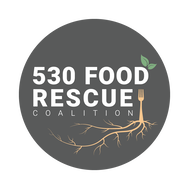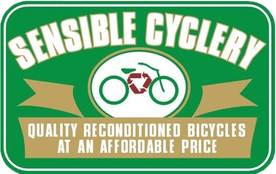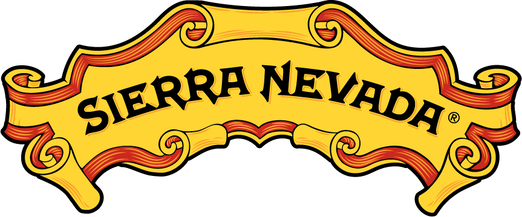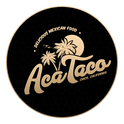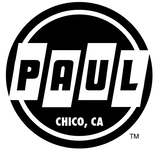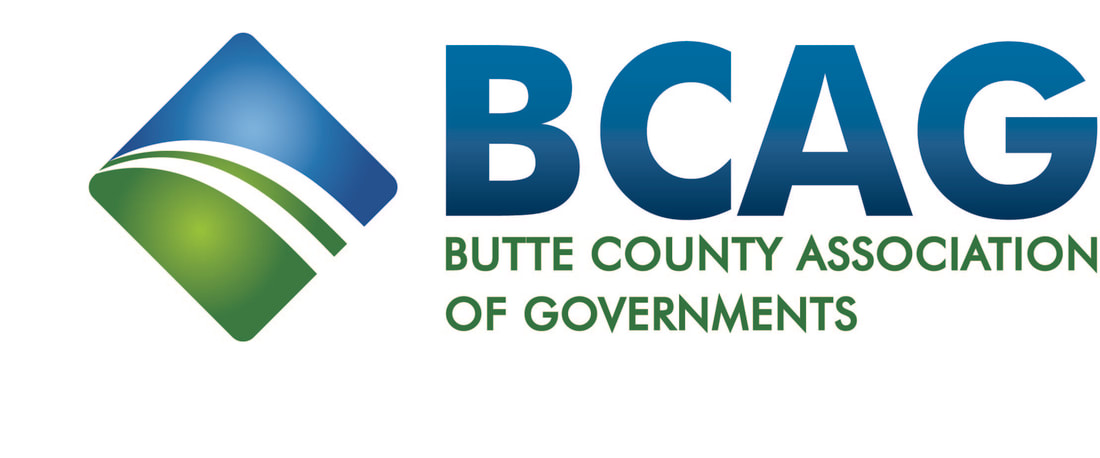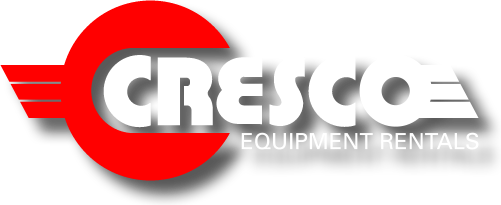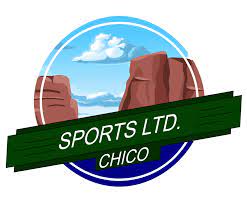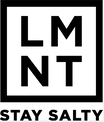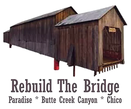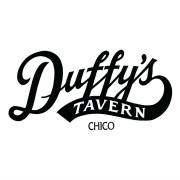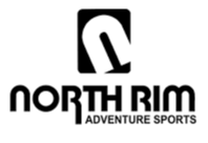Working Toward Zero Waste
Chico Velo strongly believes in helping protect the environment so all can enjoy it today and tomorrow. With over 2,000 riders participating in the Wildflower every year, we are conscious of our choices. Our goal is to limit event waste and divert as much as possible from our landfill by being mindful of the types of materials used during our event, composting, and recycling as much as possible.
2024 Wildflower Zero Waste efforts are Sponsored by Waste Management
A message from our sponsors:
Waste Management is steadfast in supporting Chico Velo’s goal of meeting their 95% diversion goal. We are thrilled to sponsor this year’s Chico Velo Wildflower Century and support their zero-waste educational outreach. Waste Management is committed to sustainability and we're continually seeking the best ways to implement the most effective, environmental, and easy means to drive diversion. We’re grateful to be part of the Chico community and solution to a healthier tomorrow.
Excess Food Donations
|
At the end of our event, there is usually left over snacks and food from our rest stops and post-ride meal. We are proud to work with 530 Food Rescue Coalition to make sure this perfectly good food feeds mouths in our community.
|
Discarded Bike Parts
|
In previous years, discarded bike tubes have made up a large portion of the waste from this event. While discarded bike tubes and some broken bike parts are an inevitable part of an event like this, we are thankful to be partnering with Sensible Cyclery this year! They have agreed to take bike tubes and other parts to use in their workplace training program focusing on bicycle repairs.
|
Historical Zero Waste Efforts
|
About the Numbers
Chico Velo's goal is to always achieve 95% diversion from the landfill at the Wildflower Century and we take steps both upstream and downstream to get there. Our focus is on waste reduction and minimization throughout every aspect of the event and then require all recyclable or compostable materials from our vendors. Chico Velo works to educate staff, volunteers, and participants on the importance of zero waste and to help us achieve our goal of 95% diversion.
Difference between Recycle, Organics, and Compost:
Diversion Rate: percentage of the total waste generated that was diverted from the landfill. For example, the diversion rate for 2018 was 73% which meant that only 27% of all the waste generated at the Wildflower Century went to the landfill while 73% was diverted through recycling and in this case anaerobic digestion for all the organics at Northstate Rendering.
With your help and participation our ultimate goal is to have our event be ZERO WASTE. By participating in the Wildflower you are helping support our efforts! Thank you!
- Recycle: Cans, bottles, paper, cardboard, and shrink wrap
- Organics: All Food Waste and food soiled paper (plates, napkins, boats, etc)
- Compost: Wooden Utensils used at the Post Ride Meal. Compost Option only recently available with new facilities to handle the items and us switching to those items. Not all facilities can handle wooden utensils for composting and that is why they are placed in a different bin at our event from the organics.
- Landfill: Everything else that isn't recyclable or compostable (food packaging like chip bags, wrappers, juice boxes, etc)
- Total: Total pounds of all the waste generated at the event that would have ended up in the landfill had it not been diverted
Diversion Rate: percentage of the total waste generated that was diverted from the landfill. For example, the diversion rate for 2018 was 73% which meant that only 27% of all the waste generated at the Wildflower Century went to the landfill while 73% was diverted through recycling and in this case anaerobic digestion for all the organics at Northstate Rendering.
With your help and participation our ultimate goal is to have our event be ZERO WASTE. By participating in the Wildflower you are helping support our efforts! Thank you!

